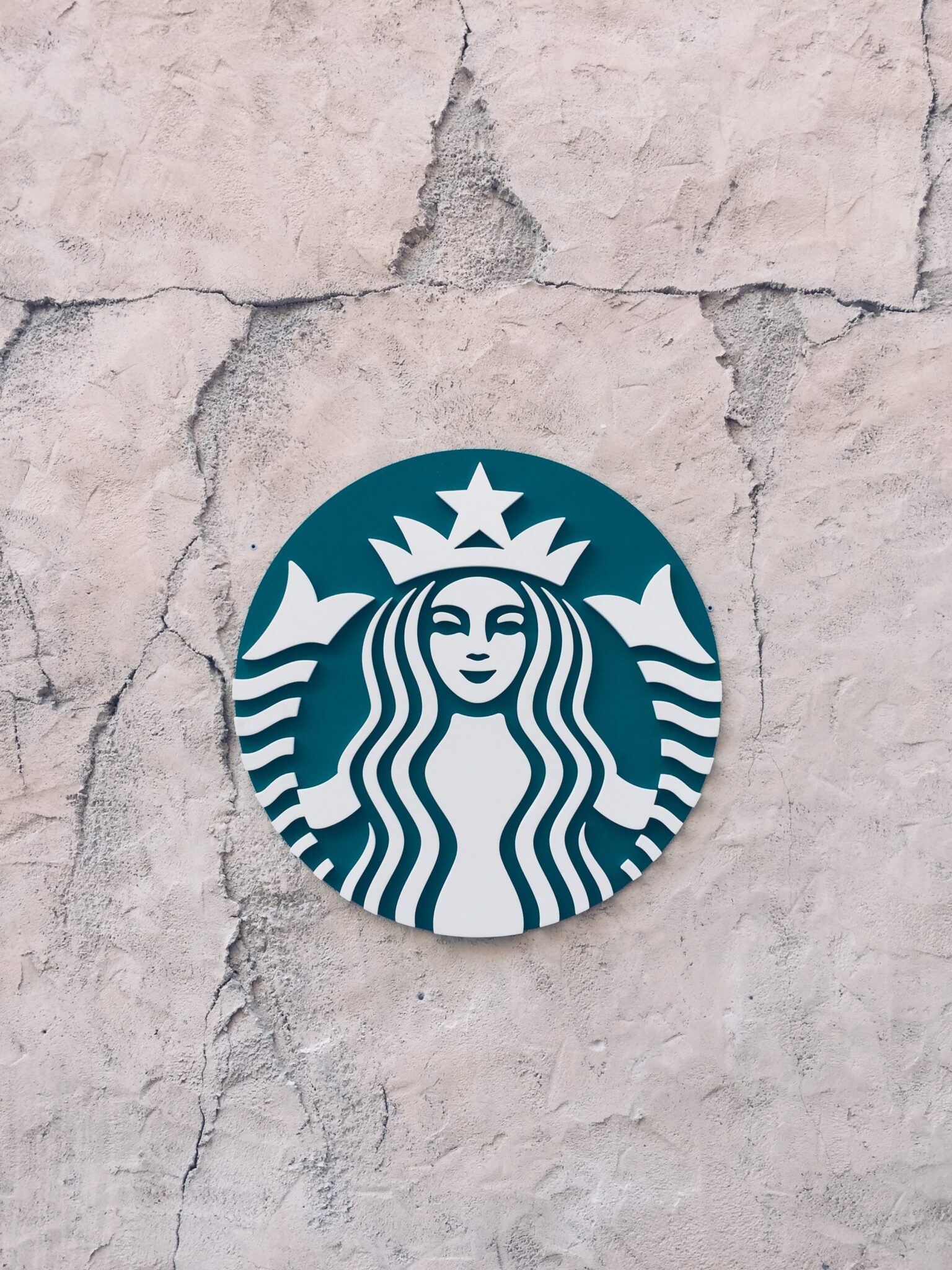
Swap Agrawal is a student at Harvard Law School.
In this weekend’s news and commentary, Trader Joe’s argues that the NLRB is unconstitutional, and the New York pension system is pressuring Starbucks over its anti-union efforts amid the company’s proxy fight with SOC.
On January 26, Bloomberg News reported that Trader Joe’s argued in a January 16 NLRB Region 1 hearing that the NLRB is unconstitutional. Christopher Murphy of the law firm Morgan Lewis argued on behalf of Trader Joe’s that “[t]he National Labor Relations Act as interpreted and/or applied in this matter, including but not limited to the structure and organization of the National Labor Relations Board and the agency’s administrative law judges, is unconstitutional.” Murphy said the grocery chain was raising this as an “affirmative defense.” Administrative Law Judge Charles Muhl replied, “I’m certainly not going to be ruling on my own constitutionality anytime soon. So you’ll have to take that up with the board and the federal courts.”
Trader Joe’s strategy mirrors that of SpaceX. As Greg reported earlier this month, Elon Musk’s rocket company argued in federal court that the National Labor Relations Board’s in-house courts are unconstitutional and the agency should be prohibited from taking enforcement actions against it. Specifically, SpaceX relied on a case pending before the Supreme Court, Jarkesy v. SEC, to argue that agency tribunals infringe on the constitutional right to a jury trial in civil cases and NLRB administrative law judges violate the constitution’s separation of powers. “This is really dangerous,” said Seth Goldstein, an attorney for Trader Joe’s United. “Are we really going back to 1920?”
On January 26, New York City’s powerful pension system and other Starbucks Corp. investors called on the coffee chain’s board to acknowledge “failures in corporate governance” in its anti-union campaign. The group of investors, which include the New York City Retirement Systems and Trillium Asset Management, successfully got Starbucks to release a third-party audit in December. The audit urged the chain to bolster guidance on how it disciplines workers and measures compliance with collective-bargaining rights, but found no evidence of an “antiunion playbook” that laid out how to thwart employees’ right to unionize. Investors say Starbucks’ board has placed undue emphasis on this statement in the assessment, even though the finding is limited to the absence of “written materials expressly calling for a violation of US law.” “The abridged report does not absolve Starbucks of wrongdoing — in fact, it raises significant questions of conduct and accountability,” the investor group said. “Whether or not such a ‘playbook’ exists, it is clear that the company used aggressive tactics in its approach to union activity.”
The audit and investor report come amid a proxy fight from the Strategic Organizing Center (SOC), a coalition of labor unions. The SOC Investment Group has nominated three members to the company’s board and argues the current slate of directors “has tolerated an unacceptable level of reputational risk, a counterproductive approach to labor issues and a flawed allocation of resources.” Starbucks said in a letter to investors on January 25 that SOC’s nominees lack the “necessary experience, skills, qualifications and other attributes” to offer a balanced perspective on business strategy. Meanwhile, SOC has touted the achievements its proxy battle has already won. “Since the SOC made clear its intention to nominate directors for election to Starbucks’ Board at the upcoming annual meeting, the company has issued numerous announcements related to its purported commitment to improving relations with its employees,” the SOC said in a statement. “These have included the formation of a new board committee, a public letter to Workers United seeking to reengage negotiations and a letter to shareholders regarding the proposal that received majority support at the 2023 annual meeting of shareholders asking for a report on Starbucks’ labor practices.”






Daily News & Commentary
Start your day with our roundup of the latest labor developments. See all
March 3
In today’s news and commentary, Texas dismantles their contracting program for minorities, NextEra settles an ERISA lawsuit, and Chipotle beats an age discrimination suit. Texas Acting Comptroller Kelly Hancock is being sued in state court for allegedly unlawfully dismantling the Historically Underutilized Business (HUB) program, a 1990s initiative signed by former Governor George W. Bush […]
March 2
Block lays off over 4,000 workers; H-1B fee data is revealed.
March 1
The NLRB officially rescinds the Biden-era standard for determining joint-employer status; the DOL proposes a rule that would rescind the Biden-era standard for determining independent contractor status; and Walmart pays $100 million for deceiving delivery drivers regarding wages and tips.
February 27
The Ninth Circuit allows Trump to dismantle certain government unions based on national security concerns; and the DOL set to focus enforcement on firms with “outsized market power.”
February 26
Workplace AI regulations proposed in Michigan; en banc D.C. Circuit hears oral argument in CFPB case; white police officers sue Philadelphia over DEI policy.
February 25
OSHA workplace inspections significantly drop in 2025; the Court denies a petition for certiorari to review a Minnesota law banning mandatory anti-union meetings at work; and the Court declines two petitions to determine whether Air Force service members should receive backpay as a result of religious challenges to the now-revoked COVID-19 vaccine mandate.